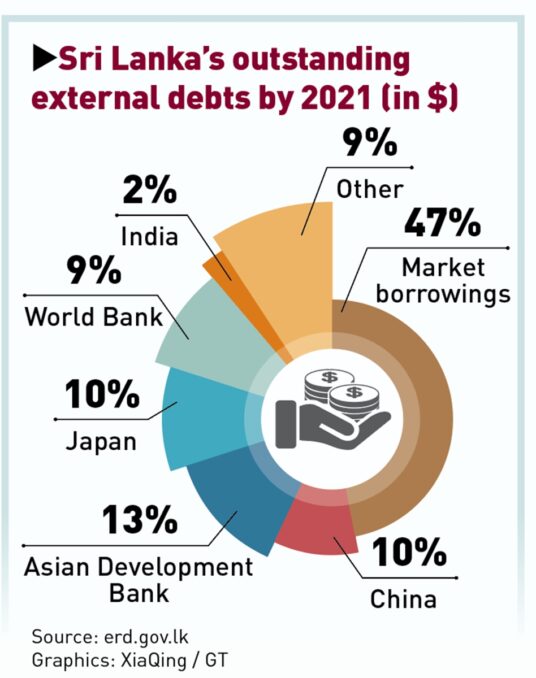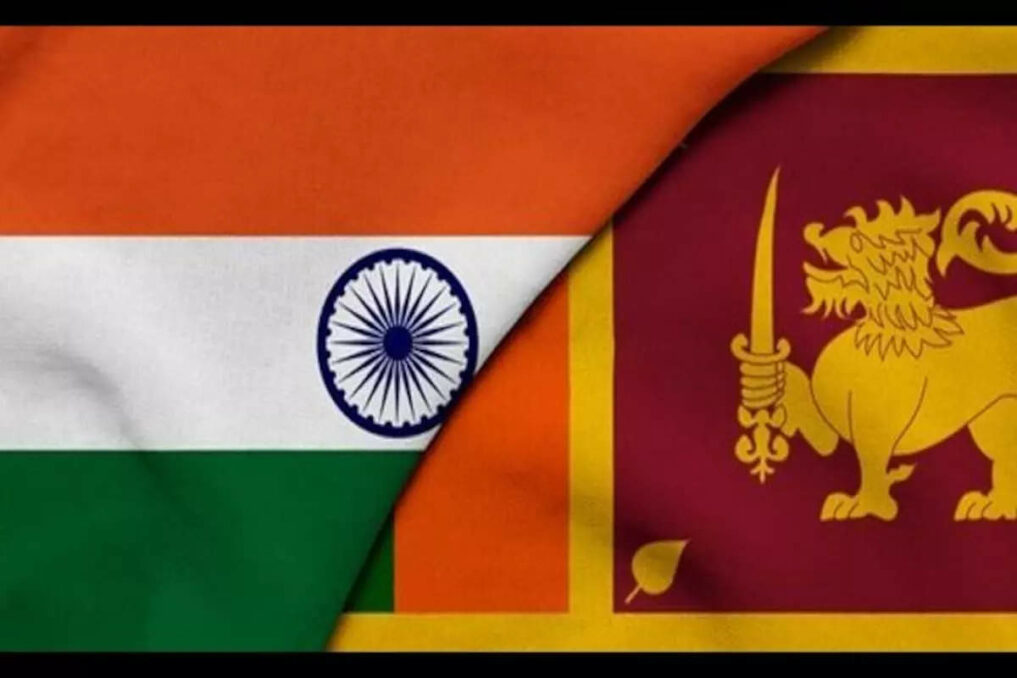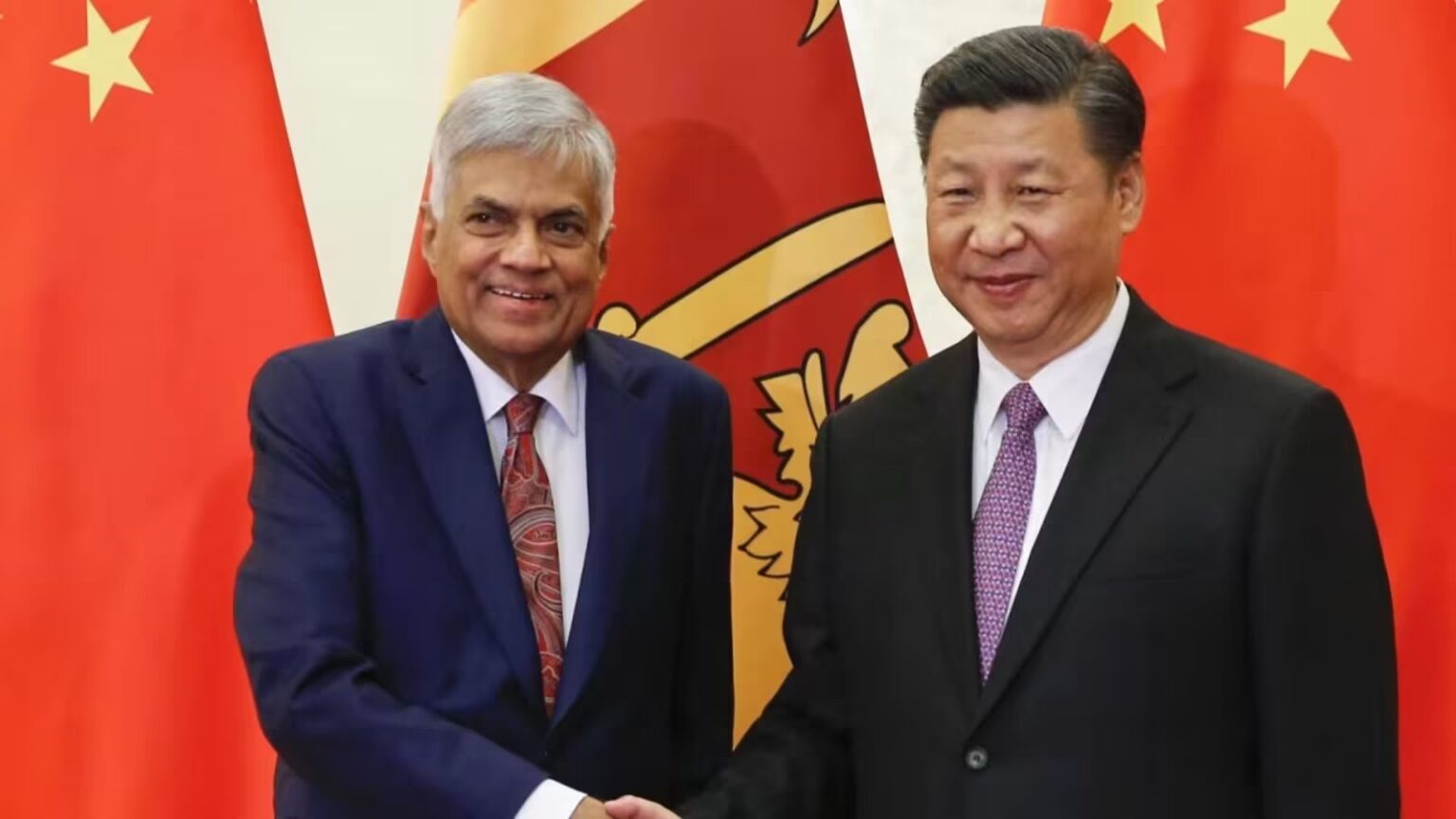China’s entry in Sri Lanka’s fuel market raises concerns for India
South Asian island nation of Sri Lanka signed an agreement with Chinese petroleum company Sinopec to enter into Sri Lanka’s retail fuel market in a bid to resolve the energy crisis. Under this agreement, a 20 year license would be granted to Sinopec to operate around 150 fuel stations in Sri Lanka. These fuel stations are currently operated by Ceylon Petroleum Corporation, a company owned by Sri Lankan government.
Sinopec will be allowed to import, distribute and sell the petroleum products in the island nation. Not only this, the Chinese company will also invest in 50 new fuel stations in the country. This move could have various implications for India, who does not like China’s presence in Sri Lanka.
Sri Lanka opening its fuel market for foreign countries
Last year, Sri Lanka suffered from a Balance of Payment (BOP) crisis which brought its economy to ruins. People could not get access to essential items like food, water, paper, fuel etc. as the government did not have enough foreign exchange reserves to import these items from the rest of the world.
The economic crisis also led to shortage of fuel in the country. People had to wait in long lines at fuel stations. Therefore, to resolve the energy crisis, the government decided to open up its fuel market to foreign companies. These companies have to use their own funds to purchase fuel in the market. This move has been taken to ensure that there is a stable supply of fuel in the country.

China’s growing investments in Sri Lanka
China is the largest investor in Sri Lanka as it has invested nearly $15 billion in the island nation. China has also granted large amount of loans to the island nation, which is also considered a primary reason for the country’s economic crisis. As the Sri Lankan government was not able to repay the loans, it requested China for debt restructuring. Like Sri Lanka, many countries have become a prey to China’s debt trap.
Apart from this, China also controls a major port in Sri Lanka named Hambantota port, which has been leased to China for 99 years. This has led to Beijing’s growing influence in the South Asian nation.
Cause of Concern for India

A rapid increase in China’s investments in Sri Lanka is a major cause of concern for India. India considers China’s presence in Sri Lanka as a threat to its national security. Last year when China’s satellite tracking ship “Yuan Wang 5” docked at Hambantota port, India quickly voiced its concerns over the ship’s visit.
Sri Lanka is a strategic backyard for India and has a strategic location along one of the world’s busiest shipping routes. India is anxious about Beijing’s permanent presence in the Indian Ocean and wants to restrain Chinese expansion. Therefore, the best way forward for India is to emphasize the “Neighborhood First Policy” and leverage its soft power to win over Sri Lanka’s citizens.













